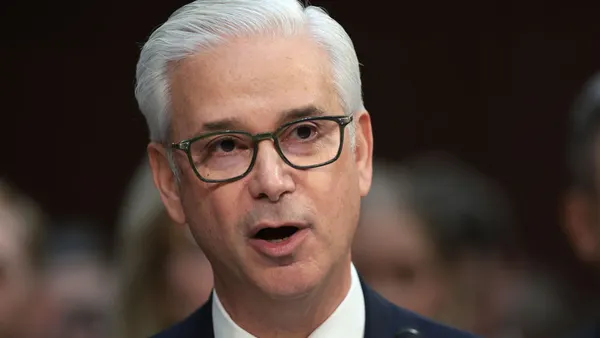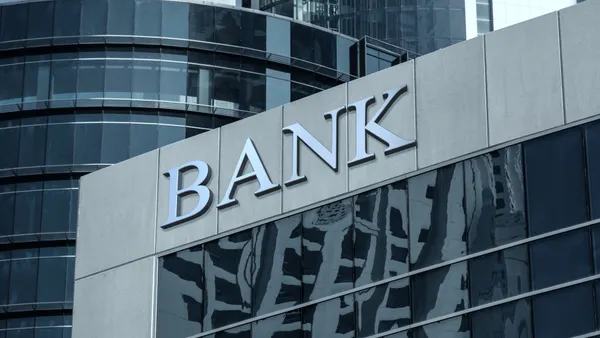LAS VEGAS – Citi and Coinbase have inked a partnership to develop stablecoin payment capabilities for the bank’s institutional clients.
The institutions aim to bridge the gap between traditional and digital finance, and will first focus on streamlining fiat pay-ins, or the conversion of traditional currency into cryptocurrency, and pay-outs, or the conversion of cryptocurrency into traditional currency.
Down the line, Citi and Coinbase aim to make 24/7 payments accessible for the bank’s clients.
“With more than 300 payment clearing networks across 94 markets globally, we see collaborating with Coinbase as a natural extension of our ‘network of networks’ approach, further supporting our clients to make payments as if there were no borders,” Debopama Sen, Citi’s head of payments and services, said in a prepared statement Monday.
The firms announced their partnership this week at the Money 20/20 conference in Las Vegas.
“Coinbase’s strategy on our partnership with financial institutions is to provide infrastructure which requires lots of specialized expertise that we've built over the years, and we hold out our infrastructure across trading, custody, payments, stablecoins, data, et cetera, to help those firms build great products for their clients,” Brian Foster, Coinbase’s head of crypto-as-a-service, told Banking Dive. “The partnership with Citi is a great example of this.”
Citi and Coinbase have been partners in other aspects for a long time, Foster said. The exchange partners with 250 financial institutions worldwide in its crypto-as-a-service business, and more U.S. banks are going public with their partnerships – “partly a function of the improving regulatory climate here that they can now suddenly activate,” he said.
Coinbase inked a partnership with PNC in July, bringing digital-asset access to PNC clients on the bank’s platform. Coinbase also partners with JPMorgan Chase, Foster said.
The crypto exchange in July also launched CB1, a bitcoin rewards credit card in partnership with both American Express and embedded credit card platform Cardless, in which card customers earn bitcoin with each purchase.
As customers spend money, bitcoin is deposited into their retail account at Coinbase.
“At the end of the day, what it comes down to [is] being able to earn and build long-term wealth in crypto,” while “not sacrificing any of the security or the usability” of a card, Scott Liftman, Amex’s head of fintech new business, said at an event Tuesday.
Coinbase aims to expand into “an everything exchange,” Mark Troianovski, Coinbase’s head of product partnerships, said Tuesday.
“What we're seeing is that even though there's been an explosion in this particular asset class, which is crypto, we can't ignore some of the other asset classes that have been around for a while and will go on-chain as well as newer ones,” Troianovski said. “Prediction markets is one asset class that everybody is excited about. Tokenized equities is [another one].”
Eventually, customers will be able to “do so much more with [the] crypto” that exists in their Coinbase retail accounts, he said.












